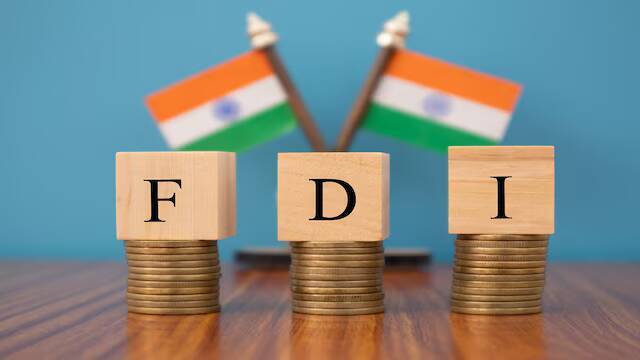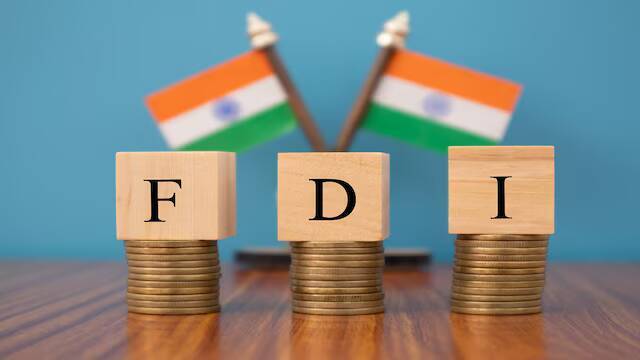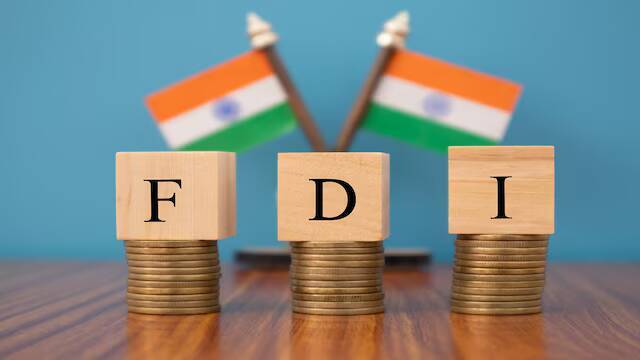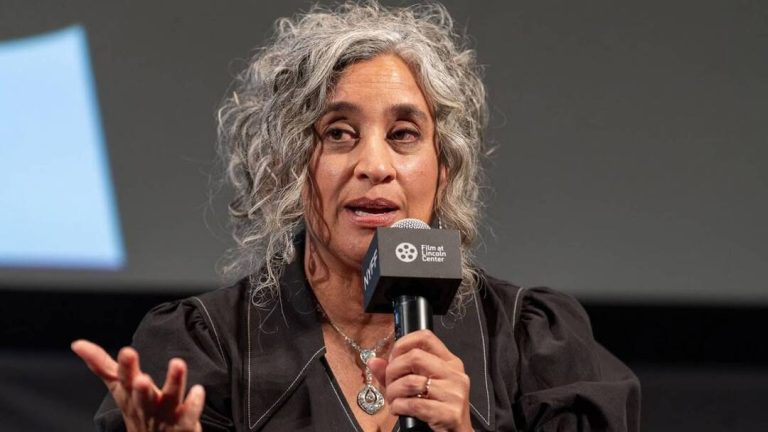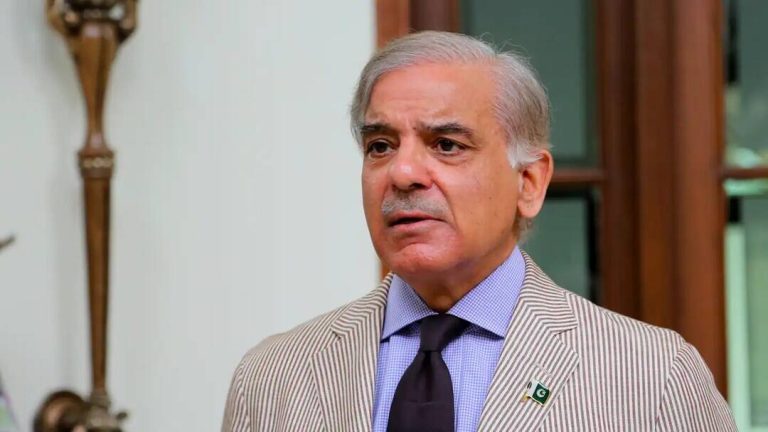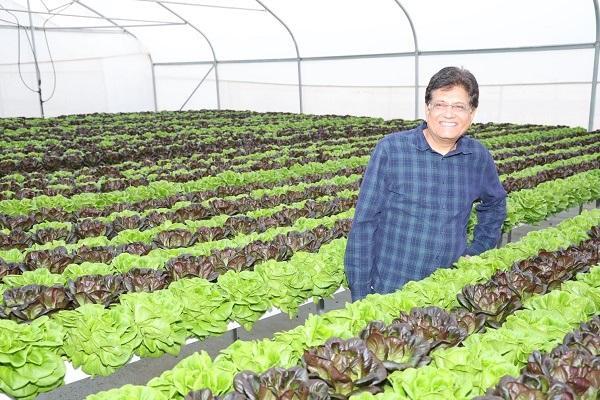
Piyush Goyal explores tech & sustainability in Israel
In a bid to strengthen economic ties and explore new avenues for cooperation, Commerce and Industry Minister Piyush Goyal recently embarked on a visit to Israel. The trip was marked by a series of significant events, including the initiation of free trade agreement (FTA) negotiations between the two countries. However, what caught the attention of many was Goyal’s experience with world-class mobility technology and community-driven sustainable agriculture in Israel. This blog post delves into the details of Goyal’s visit, the innovations he witnessed, and the potential implications for India.
During his visit, Goyal had the opportunity to experience Israel’s renowned mobility technology firsthand. The country is known for its cutting-edge innovations in the field of transportation, and Goyal was impressed by the world-class infrastructure and technological advancements on display. From smart traffic management systems to electric vehicle charging infrastructure, Israel has made significant strides in creating a sustainable and efficient transportation network. Goyal’s exposure to these technologies is expected to have a positive impact on India’s own mobility sector, which is currently undergoing a significant transformation.
One of the key takeaways from Goyal’s visit was the emphasis on community-driven sustainable agriculture. Israel is a global leader in agricultural innovation, and its unique approach to farming has yielded impressive results. The country’s focus on precision agriculture, water conservation, and crop management has enabled it to increase crop yields while minimizing environmental impact. Goyal witnessed these innovations up close, visiting farms and interacting with farmers who are using advanced technologies to boost productivity and reduce waste. This experience is likely to inspire similar initiatives in India, where agriculture is a vital sector of the economy.
The initiation of FTA negotiations between India and Israel is a significant development, with far-reaching implications for trade and commerce between the two countries. An FTA would enable Indian businesses to access the Israeli market more easily, while also attracting Israeli investment into India. The agreement is expected to cover a range of sectors, including agriculture, pharmaceuticals, and technology. Goyal’s visit marked the beginning of a new chapter in India-Israel economic relations, and the FTA negotiations are expected to be a key area of focus in the coming months.
Goyal’s visit to Israel also provided an opportunity for him to witness other innovations that India can implement at scale. From advanced water management systems to innovative renewable energy solutions, Israel is a hub of technological innovation. The country’s startup ecosystem is particularly vibrant, with many entrepreneurs and companies working on cutting-edge solutions to real-world problems. Goyal’s exposure to these innovations is expected to inspire similar initiatives in India, where the government is actively promoting entrepreneurship and innovation.
The potential implications of Goyal’s visit are significant, with potential benefits for various sectors of the Indian economy. The experience gained from witnessing Israel’s mobility technology and sustainable agriculture practices can be applied to India’s own development initiatives. For instance, India’s Smart Cities Mission can draw inspiration from Israel’s smart traffic management systems, while the country’s agricultural sector can benefit from Israel’s precision agriculture techniques.
Furthermore, the FTA negotiations between India and Israel are expected to boost trade and commerce between the two countries. An FTA would provide Indian businesses with preferential access to the Israeli market, while also attracting Israeli investment into India. This can lead to the creation of new jobs, increased economic growth, and improved living standards for people in both countries.
In conclusion, Piyush Goyal’s visit to Israel was a significant event, marked by the initiation of FTA negotiations and the exploration of new avenues for cooperation. The experience gained from witnessing Israel’s world-class mobility technology and community-driven sustainable agriculture practices can have a positive impact on India’s own development initiatives. As India continues to grow and develop, it is essential to learn from other countries and adapt their innovations to the Indian context. Goyal’s visit to Israel is a step in the right direction, and it will be interesting to see how the country builds on this momentum in the coming months.
